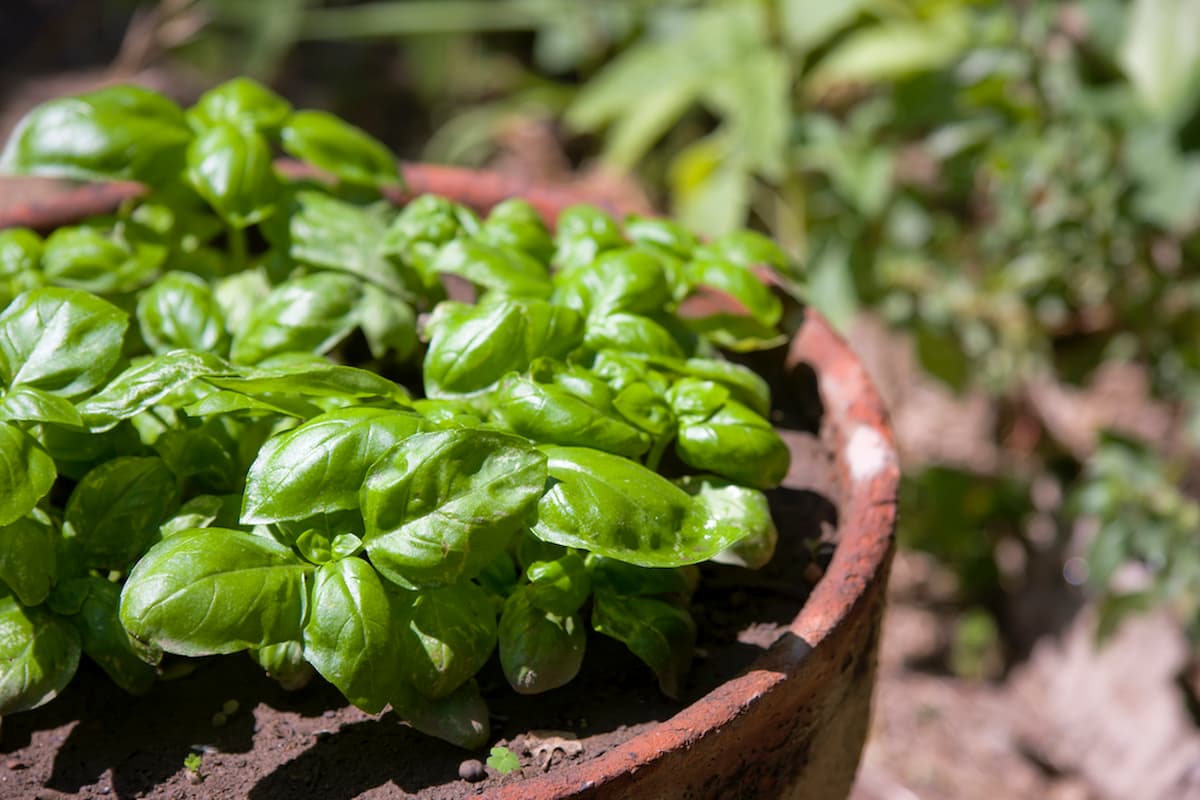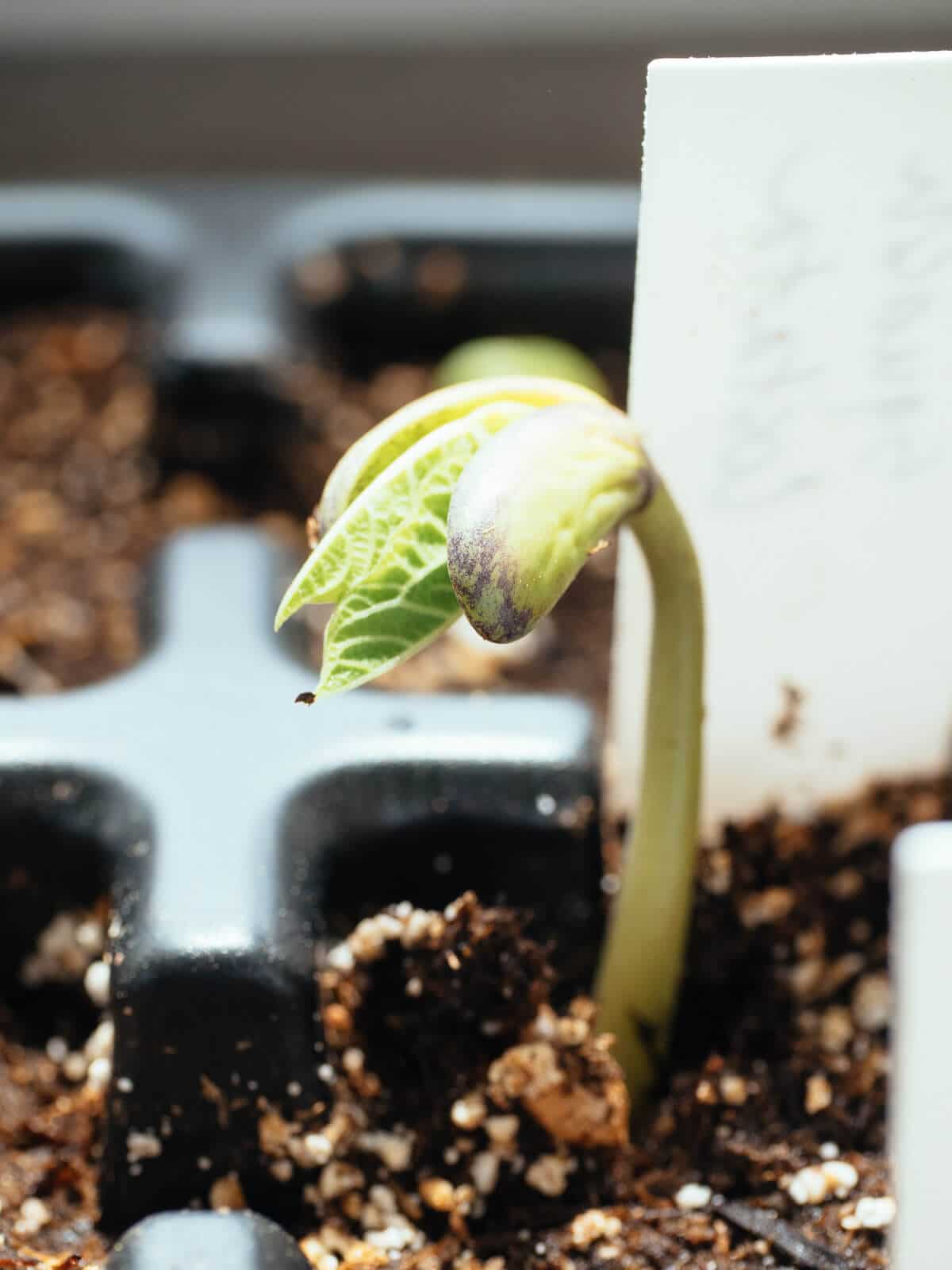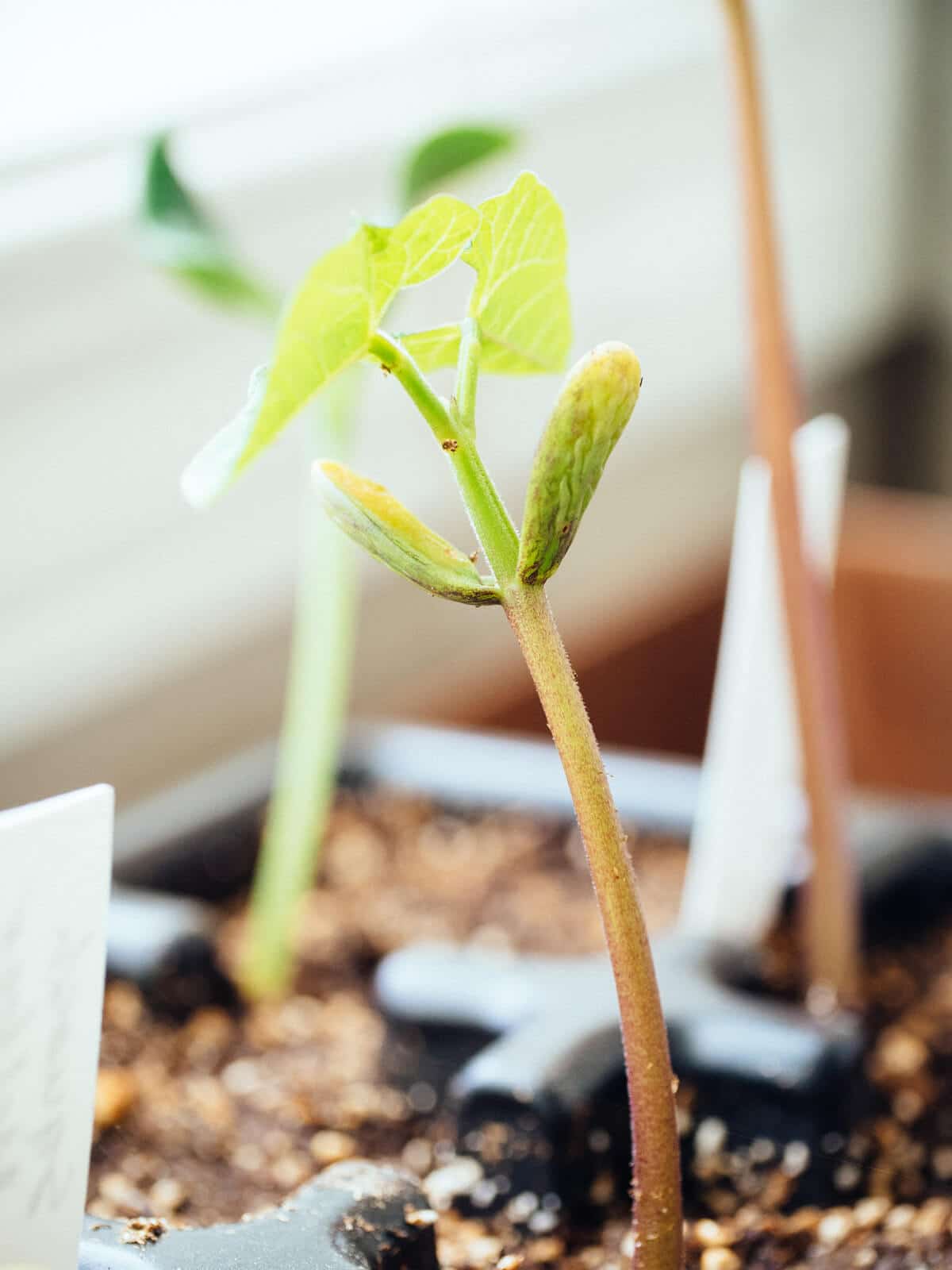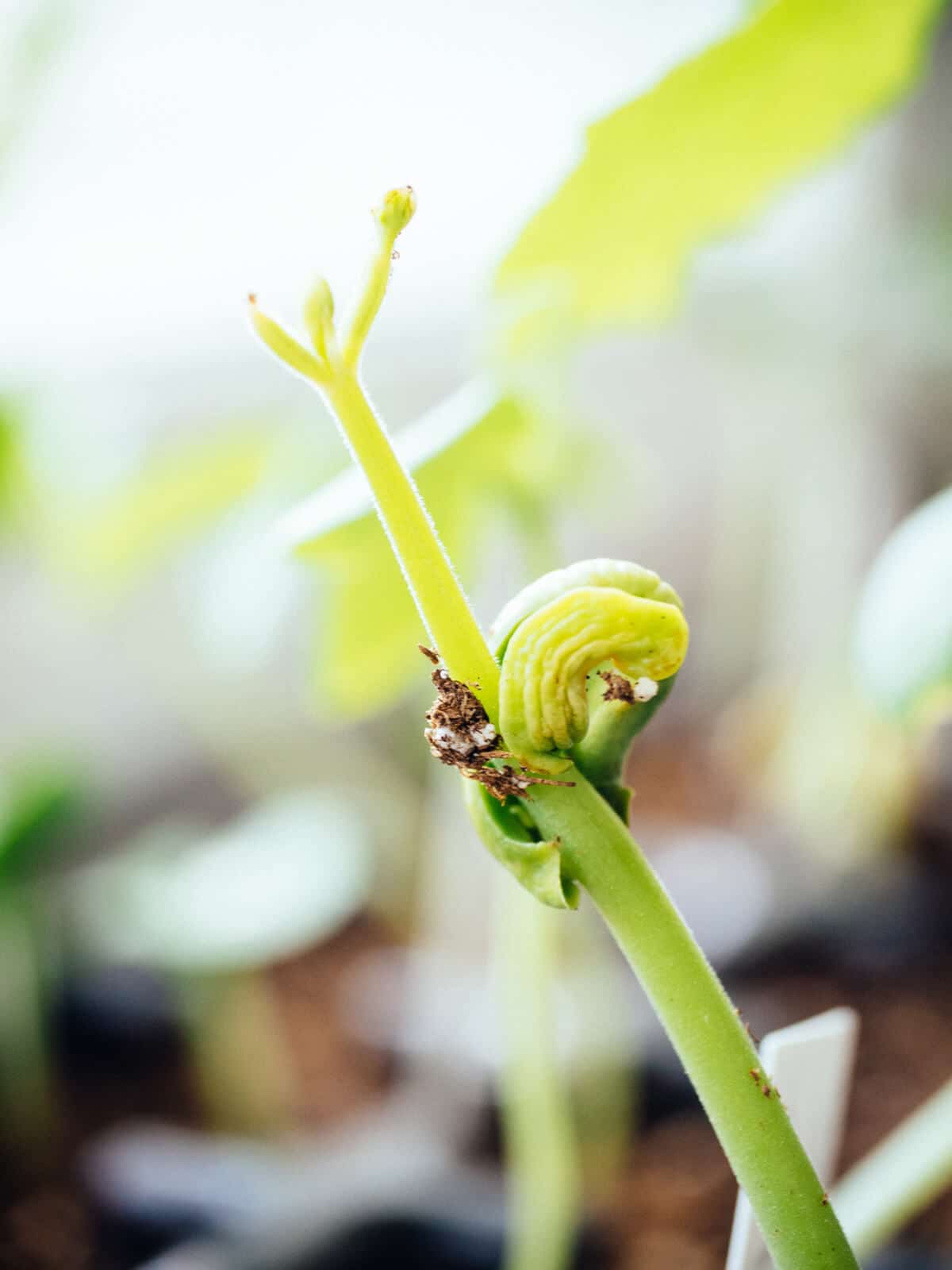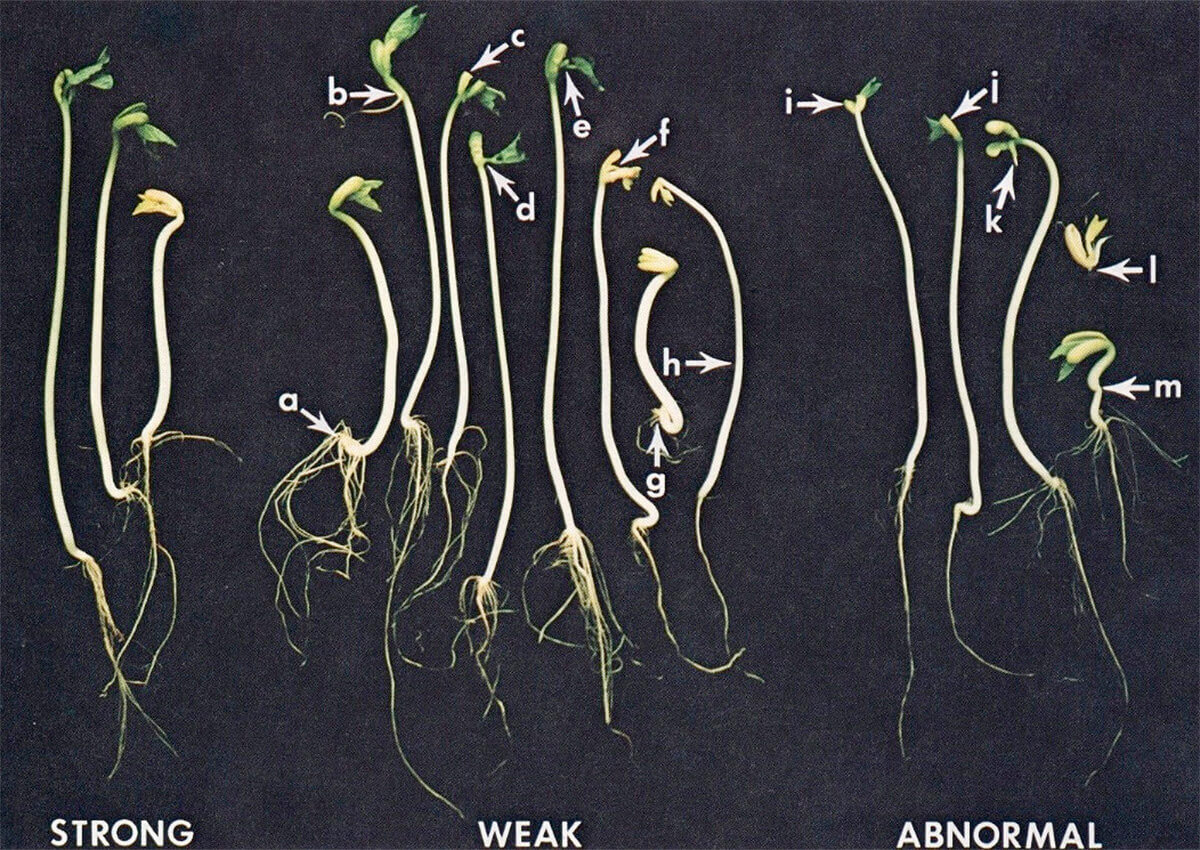Basil is one of the most beloved culinary herbs, adding its distinctive flavor and fragrance to dishes from pasta to pesto. Growing your own fresh basil is easy when starting from seed. But if you harvest and save basil seeds from your plants how long will they remain viable for future planting?
Under proper storage conditions, basil seeds can maintain viability for surprisingly long periods, retaining the ability to germinate and grow Read on to learn how seed age affects vigor and the best practices for maximizing shelf life
Why Seed Viability Matters
When storing seeds, viability refers to whether the seed is still alive and able to germinate. Just because a seed can sprout, however, doesn’t necessarily mean it will grow into a vigorous, productive plant.
Seed vigor describes the overall health and vitality of the resulting seedling and plant. Older seeds often have weaker vigor, resulting in slower, uneven germination and less robust growth compared to fresher seeds.
While old basil seeds may still germinate, the seedlings are less likely to thrive and fulfill their full genetic potential. For best success when growing basil, start with fresh seed packed for the current season.
Average Longevity of Basil Seeds
On average, under ideal cool, dark, and dry conditions, basil seeds remain viable for:
- 3-5 years for generic sweet basil varieties
- Up to 5 years for slow-bolting sweet basil cultivars
- 1-3 years for other Ocimum basil species like lemon basil or holy basil
However, shelf life can vary based on original seed quality, harvest timing, and how carefully they are stored.
Well-cared for basil seeds may germinate reasonably well for 5+ years, but vigor will gradually decline each year past the packed date.
Storing Basil Seeds for Maximum Viability
To get the longest lifespan out of your harvested or purchased basil seeds:
- Allow seed heads to fully mature and dry on the plant before harvesting.
- Dry seeds further indoors before cleaning and storage. aim for 10-15% seed moisture content.
- Store seeds in air-tight, moisture-proof containers like glass jars or envelopes. Avoid plastic.
- Keep seed containers in a consistently cool place like a refrigerator or unheated basement around 40°F or below.
- Avoid exposing seeds to heat, direct sun, or humidity fluctuations that can encourage mold growth.
- Label basil seed packets with the variety and year harvested or packed. Use oldest seeds first.
- Ideal humidity for long-term seed storage is around 35%. Consider silica gel packs.
- Inspect stored seeds periodically and discard any that appear moldy, shriveled, or damaged.
Following proper harvest, curing, cleaning, and storage methods allows basil seeds to retain viability for up to twice as long as the averages listed above.
Checking Basil Seed Viability
When in doubt about very old seeds, you can test viability before planting:
- Place a sample of seeds between damp paper towels and watch for sprouting.
- Drop seeds into a cup of water and see which sink (viable) or float (not viable).
- Sow a test batch thickly on seed starting mix and monitor germination rate.
Seeds that perform well with these tests should still grow reasonably well if planted properly outdoors or started indoors. Just expect some potential decrease in vigor versus fresh seeds.
Key Takeaways
- Shelf life varies, but expect 3-5 years for most sweet basil seeds under ideal conditions.
- Stored correctly, some basil seeds may germinate decently for 5+ years.
- Seed viability doesn’t guarantee strong seedling vigor and plant performance.
- Start with fresh, properly stored seeds for best germination rates and plant health.
- Always label saved seeds with the variety and year harvested or packed.
With proper harvesting, curing, cleaning, moisture management, cool storage, and annual germination testing, your home-saved basil seeds can retain good viability for many years past the average.
So, how long do seeds actually last?
Usually, vegetable seeds will last two to three years after they were packed. But there are some exceptions, like onions, which start to go bad after only one year.
Basil (especially sweet basil) seeds can live for up to five years after they were harvested or packed. Most herb seeds only last about two years.
In reality, these “expiration dates” are just rough guesses, since they don’t take into account where the seeds were stored, how good the crop was that the seeds were taken from, or even the condition of the seeds themselves (treated seeds will not last as long as natural seeds).
All living things have a shelf life, and the length of time your seeds will last can vary by up to two years depending on where they are stored.
If someone asks, “How long do bean seeds last?” the safe answer is three years. However, if you store them properly, they might still sprout after five years.
So, you see where our dilemma lies.
Why seed vigor matters
Storage conditions are only one piece of the puzzle. Seed vigor matters, too.
According to Oregon State University, vigor is the “ability of those seeds to produce normal seedlings under less than optimum or adverse growing conditions similar to those which may occur in the field.”
In simple terms, vigor means that your plants can survive outside in harsh conditions (even if they’ve been hardened off) instead of being spoiled inside with grow lights or other controlled conditions.
In theory, you can guess how quickly a seed will germinate by knowing when it was planted or harvested or by using a simple germination test like this one. But in practice, you can’t really guess how strong or healthy a seedling will grow or how many flowers and fruits it will produce.
A seedling that isn’t growing as well may be missing a cotyledon, look stunted or scrawny, or grow more slowly than seedlings that came from fresher seeds.
Old seeds don’t always have what it takes to sprout, grow, and go all the way to seed again, no matter how hard they try. A will to germinate does not equal an ability to thrive.
In other words, your seeds may still be “good” even though the date on the package says they’re expired, but the longer they’ve been stored, the less likely it is that they’ll grow. (Though there’s always that spunky outlier that still grows big and strong after many years!).
How to Save Basil Seeds
FAQ
Do basil seeds expire?
Will 20 year old seeds grow?
Do basil seeds need to be refrigerated?
What is the life cycle of basil seeds?
- The Ultimate Guide to Growing Strawberries in Raised Beds - August 8, 2025
- No-Dig Garden Beds: The Easiest Way to Grow a Beautiful Garden - August 6, 2025
- How to Protect and Preserve Wood for Raised Garden Beds - August 6, 2025

